Music has a unique way of connecting people, but sometimes, especially in the past, some have perpetuated harmful stereotypes and biases. Let’s take a look at 19 songs that reveal unsettling racist undertones that many listeners might not have noticed.
China Girl by David Bowie
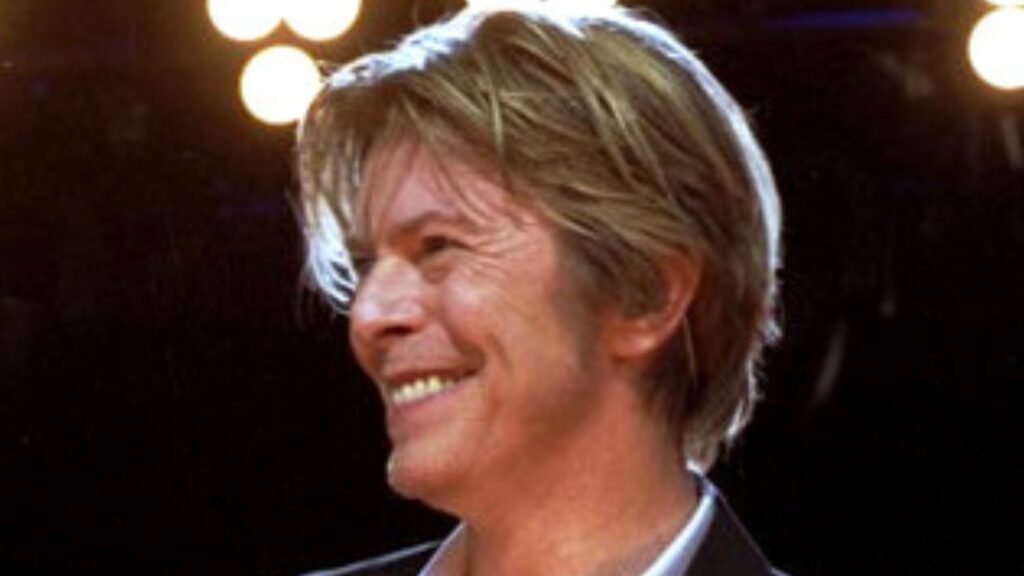
The clue to this one is in the title, and although Bowie intended this song as a critique of Western attitudes toward East Asia, it falls into problematic territory with its use of Orientalist imagery, stereotypes, and questionable language.
The Star Spangled Banner
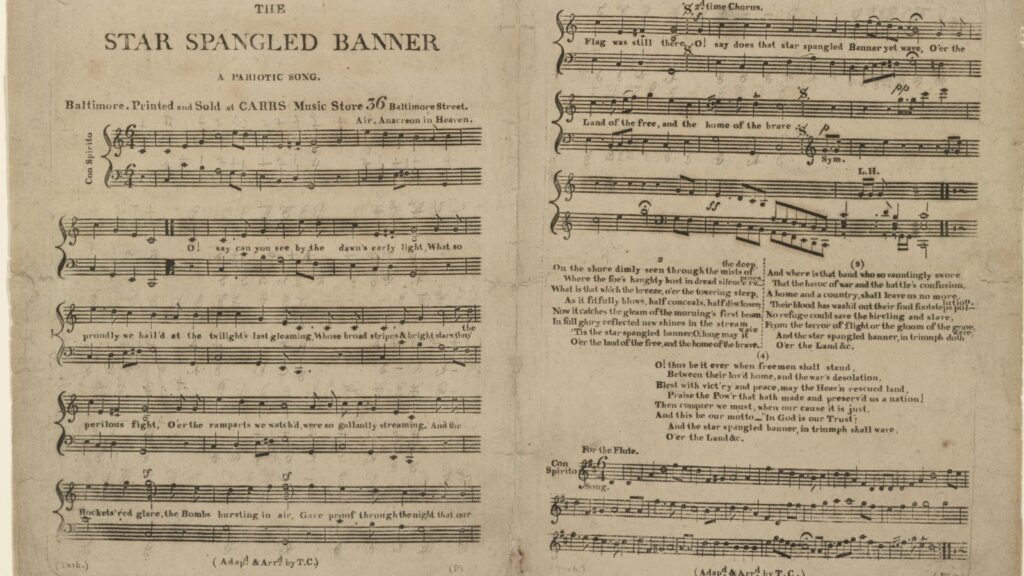
This one may come as a bit of a shock, but America's national anthem includes a lesser-known verse that celebrates the defeat of enslaved people who fought for their freedom during the War of 1812, reflecting the racist attitudes of its time.
Kung Fu Fighting by Carl Douglas
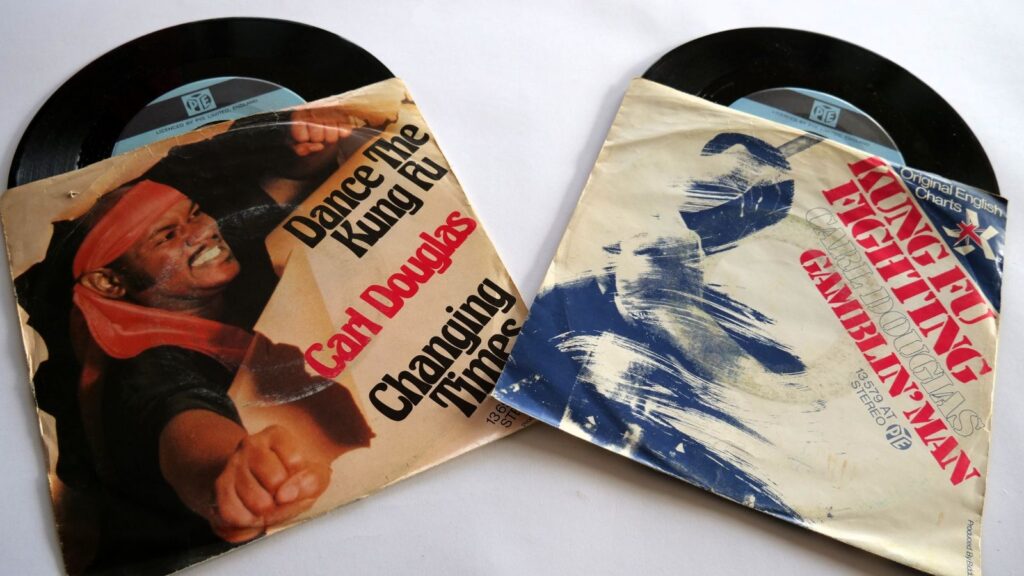
While often thought of as a fun, slightly comedic song with a catchy beat, the song's lyrics perpetuate offensive Asian stereotypes, describing “funky Chinamen” and other racial caricatures.
Illegal Alien by Genesis

Another song that catches a lot of people off guard is Illegal Alien by Genesis; this 1983 track tries to humorously depict the struggles of immigrants but ends up mocking the accent and experiences of undocumented immigrants, which is actually pretty offensive and makes light of serious issues.
Island Girl by Elton John

The lyrics of this song, which describe a Jamaican man's desire for a woman, use problematic language and stereotypes about race and gender. It perpetuates a colonial perspective, portraying New York City as a “White man’s world.”
Fables of Faubus by Charles Mingus

This jazz classic, while a protest against segregationist Arkansas Governor Orval Faubus, includes controversial language and depictions of race that can be seen as problematic today.
Under My Thumb by The Rolling Stones
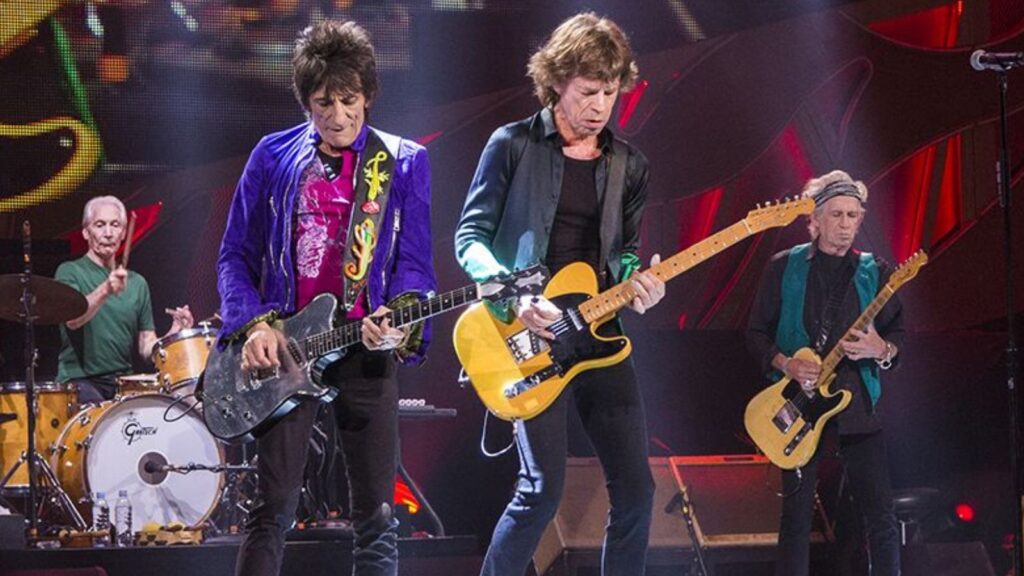
This track was a famous hit back in the day, but the song’s lyrics describe a controlling and abusive relationship, using demeaning language about women that reflects the misogyny and racism of its time.
Where Have All the Cowboys Gone by Paula Cole

This 1990s hit has been critiqued for its nostalgic longing for a past that included problematic views on race and gender roles. The song harks back to a time of inequality when people were commonly discriminated against on a whole range of characteristics. In 2024, this is not seen as a time that we should glorify or want to go back to.
The Night They Drove Old Dixie Down by The Band

While some see this song as a nostalgic recounting of the American South during the Civil War, it has been criticized for its sympathetic portrayal of the Confederate cause, which is considered offensive in some people's eyes.
Turning Japanese by The Vapors
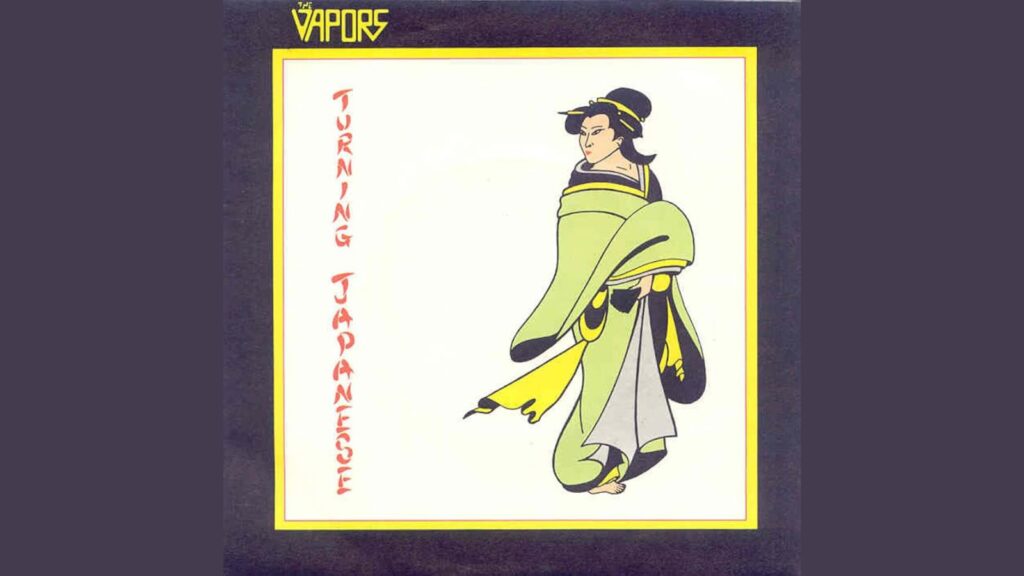
This 1980s hit uses racial stereotypes to describe a facial expression, which the band claims is about losing a girlfriend, but many interpret it as racially insensitive, and this kind of song could never be made today.
Without a Song

This song originally featured the line “A darkie’s born, but he’s no good no how, without a song,” which was removed as this is deemed as deeply offensive terminology. Due to its inappropriate lyrics, this pop song has been revised over the years, but the original version reveals deeply racist undertones.
Your Squaw is on the Warpath by Loretta Lynn
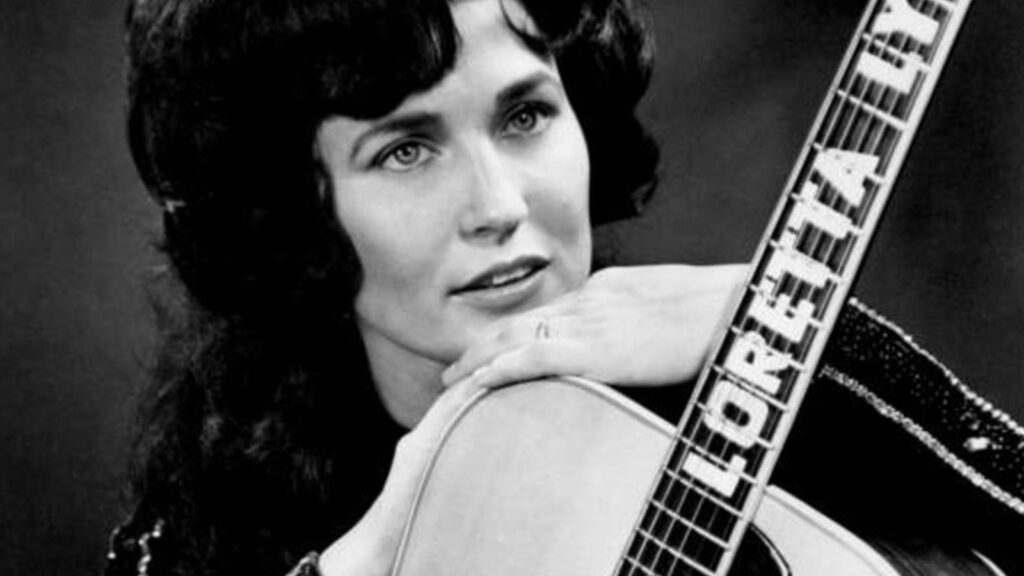
This 1969 song uses Native American stereotypes to describe a domestic situation, trivializing and misrepresenting Indigenous cultures, and this kind of song would never be permitted to be made today.
Brown Sugar by The Rolling Stones

This classic rock song, despite its catchy tune, is fraught with problematic references to slavery and sexual exploitation. The lyrics describe a young enslaved woman and include graphic and racially insensitive language, so it has to be a no from us on this one.
Ahab the Arab by Ray Stevens

Released in the 1960s, this novelty song caricatures Middle Eastern culture, playing into harmful stereotypes with exaggerated accents and descriptions.
Half Breed by Cher

Most people won’t realize that Cher even has a song called “Half Breed,” and maybe that’s because, due to some perceived racial insensitivities, it isn’t promoted much. Although it intended to highlight the struggles of a biracial girl, the song's use of stereotypes and Cher's performance in a Native American headdress both prove to be extremely problematic.
One in a Million by Guns N' Roses
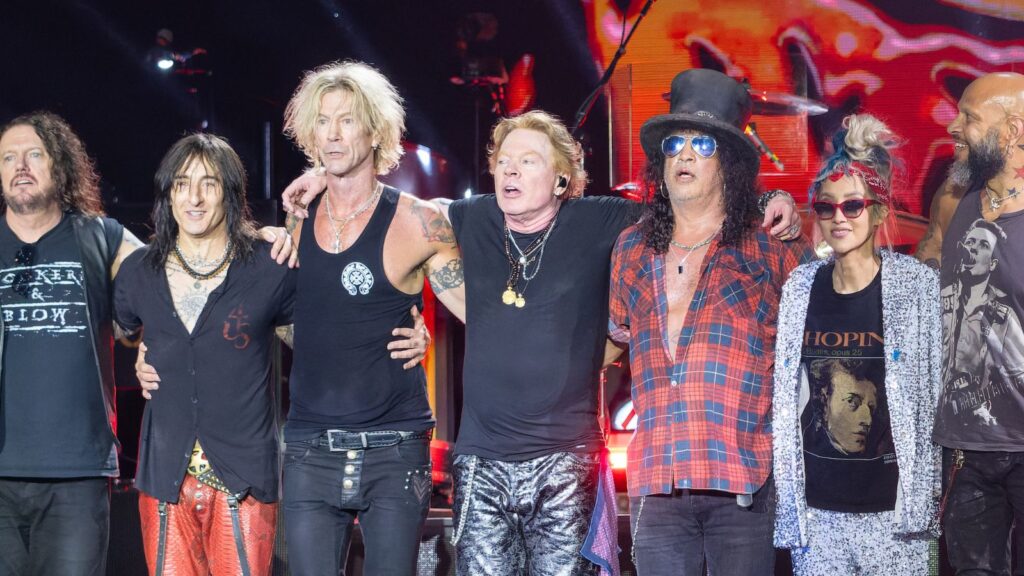
This track from the late 1980s features offensive slurs and xenophobic sentiments, reflecting Axl Rose’s controversial views at the time, but the band has since removed the song from their catalog.
Little Black Sambo

This is an old children’s song that is based on the racially insensitive book of the same name, and it is known to perpetuate harmful stereotypes about Black people and should be avoided.
Run for the Hills by Iron Maiden

Run For the Hills by Iron Maiden is a heavy metal anthem that describes the colonization of America from a Native American perspective but falls into the trap of using offensive stereotypes and oversimplifications.
My Humps by Black Eyed Peas
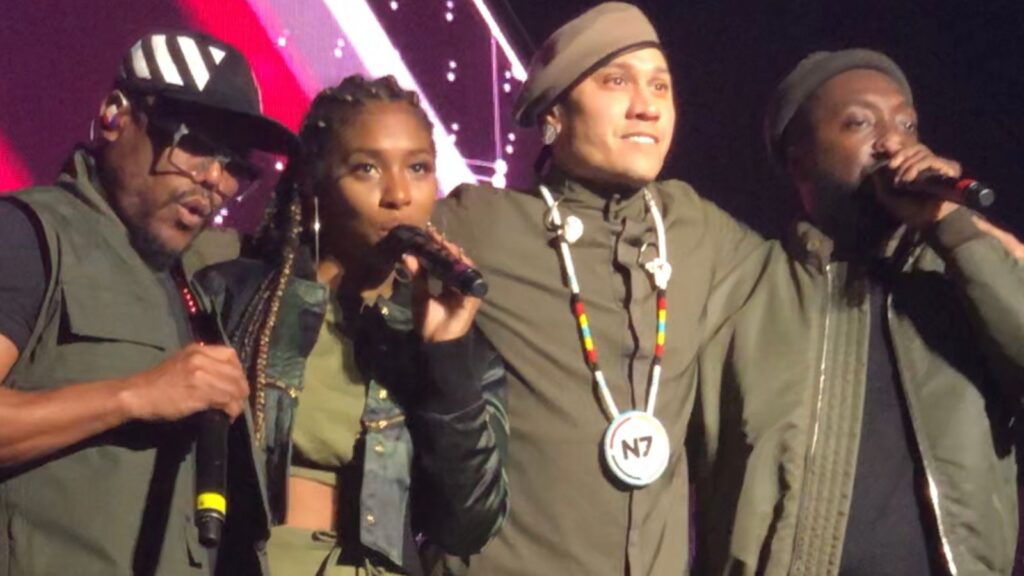
While seemingly innocuous at the time it was written, My Humps by Black Eyed Peas has been criticized by some who argue that the portrayal of women, especially women of color, in the song is problematic and objectifying.
Unmasking Harmful Lyrics
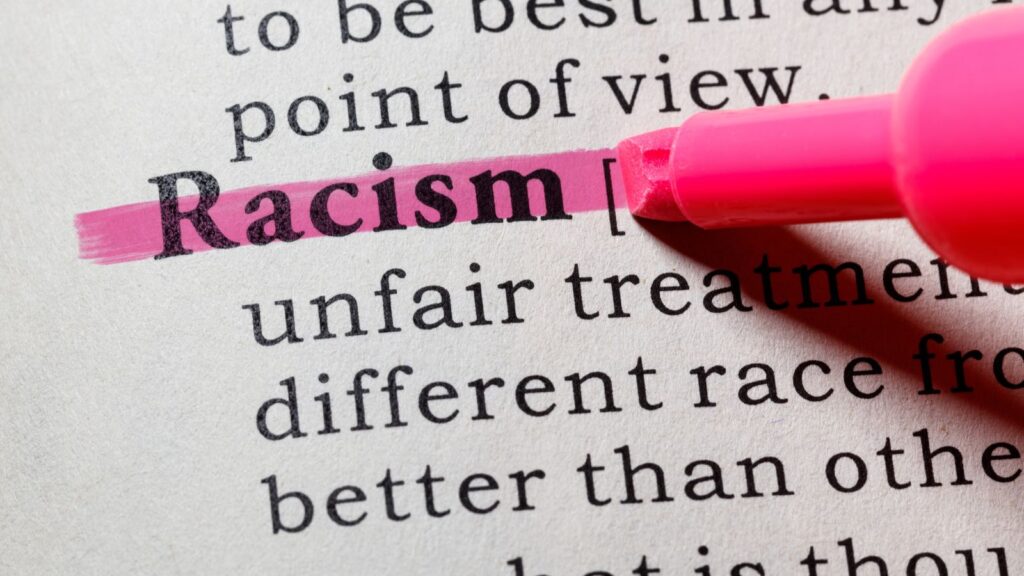
The songs listed above, despite their popularity, reveal how deeply ingrained racism can become seamlessly interwoven within cultural products. If we want to create and maintain an equal, respectful society, then it's essential to critically examine and understand the context and implications of these lyrics and how they reflect broader societal issues.
The Impact of Harmful Stereotypes

Music, like all forms of art, reflects the society in which it was created, and many of these songs were products of their time, but that doesn't excuse their perpetuation of harmful stereotypes. Recognizing and addressing these issues is a step toward a more inclusive and respectful musical landscape.
Changing the Tune

Artists and listeners alike have a responsibility to challenge and change harmful narratives that have been accepted for too long. By doing so, we can ensure that future generations inherit a cultural heritage that celebrates diversity and promotes equality.
30 Traditional Sayings That Are Now Considered Offensive by Woke Culture

30 Traditional Sayings That Are Now Considered Offensive by Woke Culture
21 Habits Often Associated With Having a Lower Social Status

21 Habits Often Associated With Having a Lower Social Status
25 Social Issues Gen Z are Determined to Cancel

